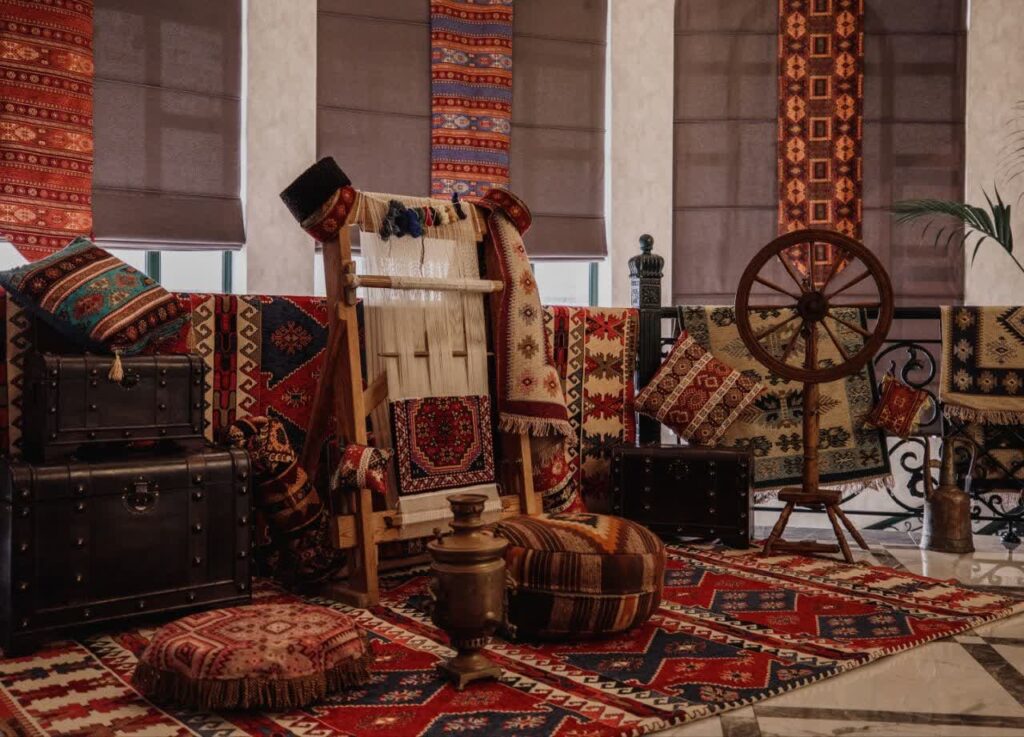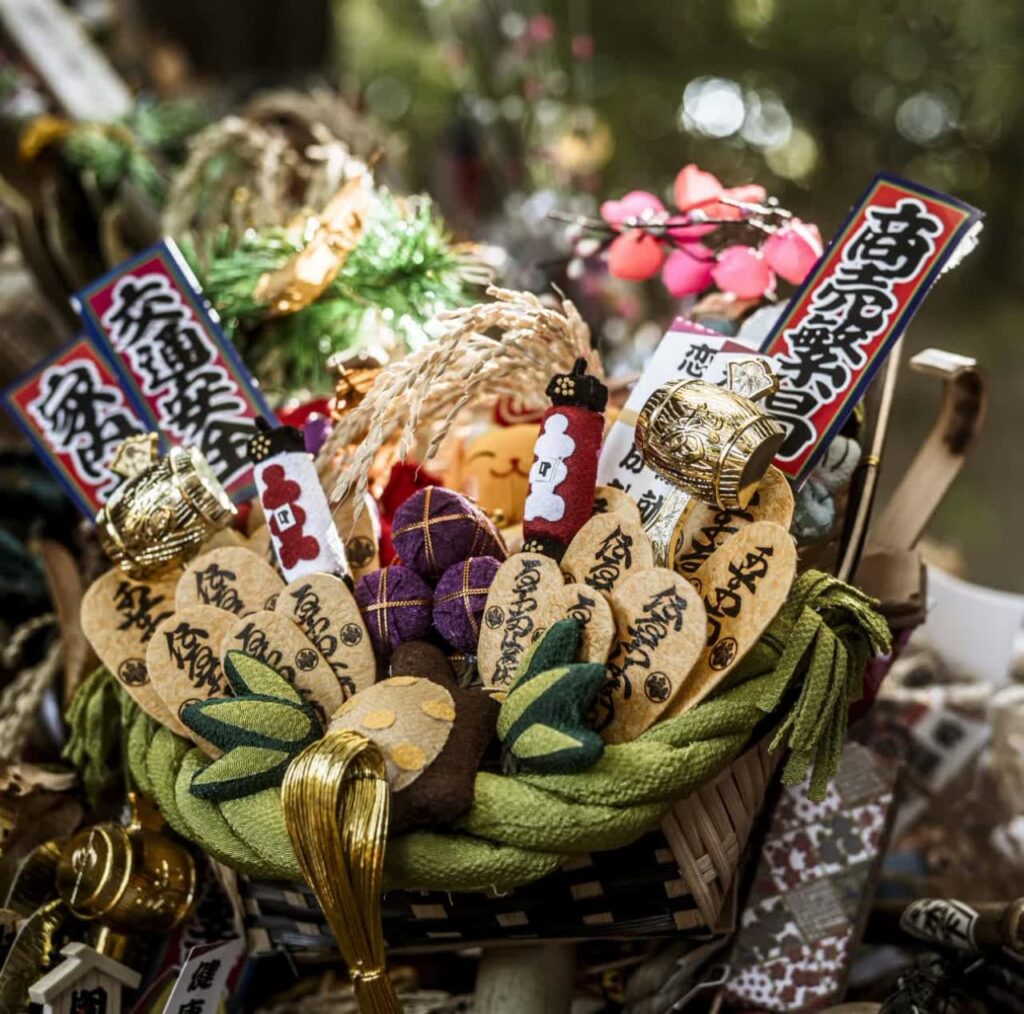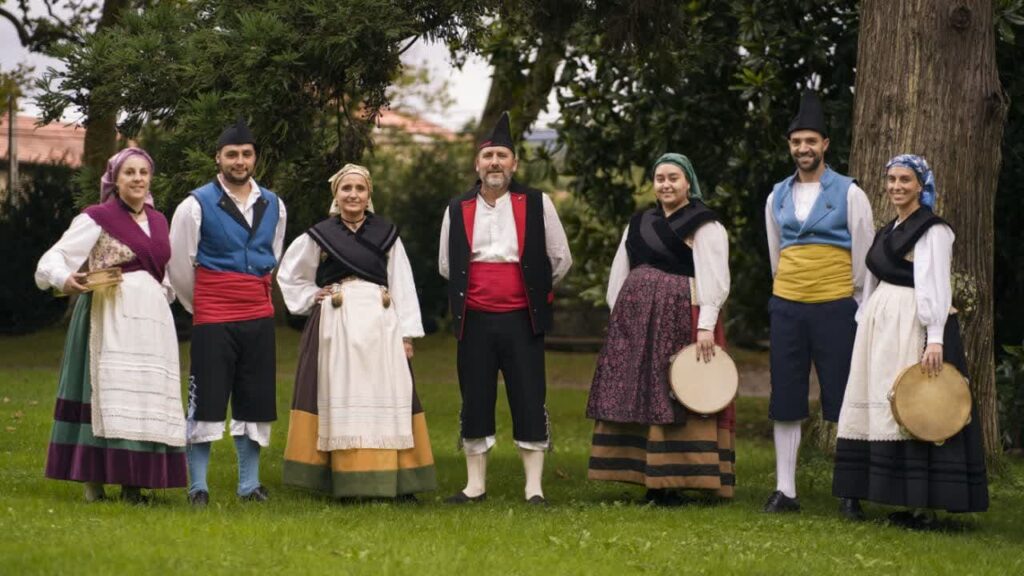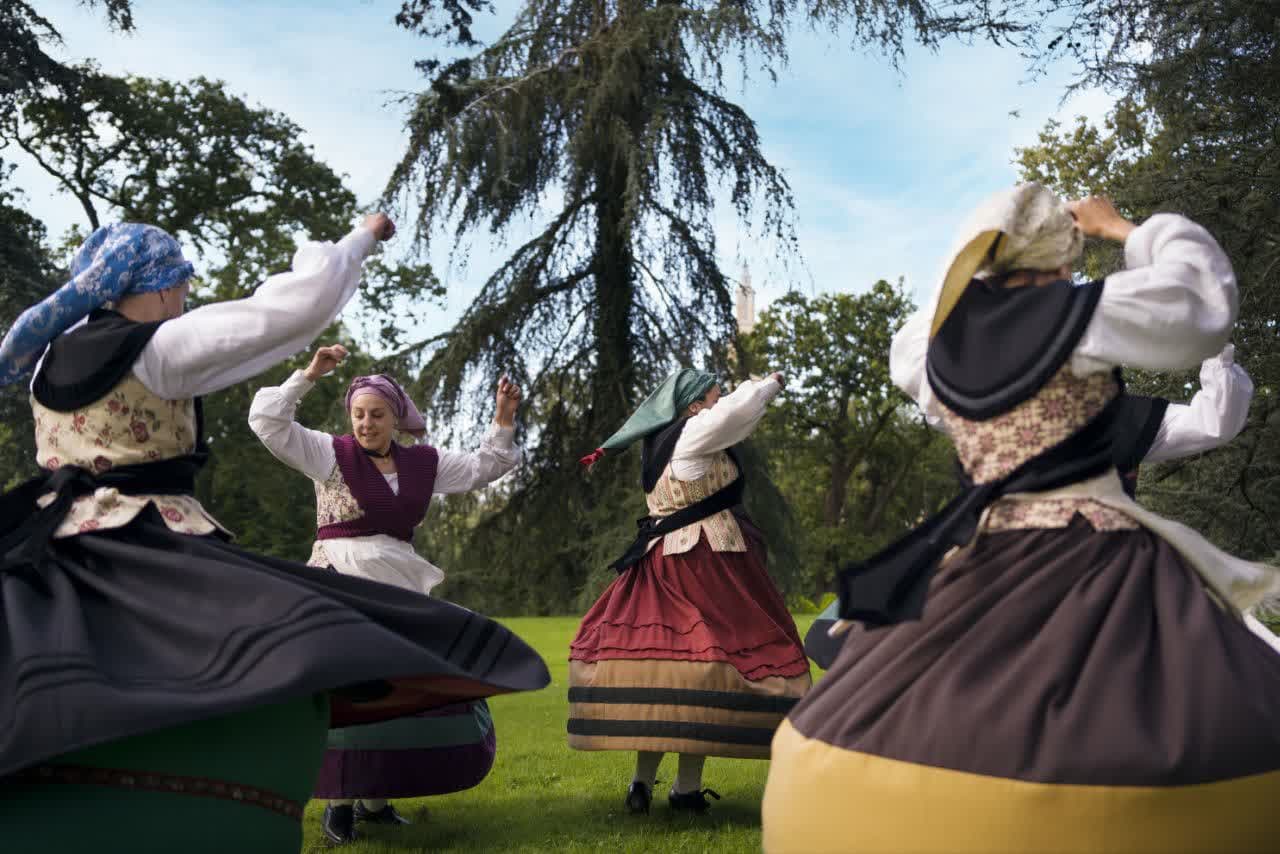Introduction
Folk culture is a vibrant tapestry woven from the traditions, customs, and artistic expressions passed down through generations within a community. It serves as a testament to the rich heritage and identity of a group of people, embodying their unique history, values, and way of life. In this article, we explore the profound significance of folk culture in preserving and celebrating the identity of communities around the world.
Preserving Heritage Through Tradition
Folk culture is deeply rooted in the preservation of heritage through tradition. Oral tradition and storytelling play a central role, serving as a means of transmitting collective memory, cultural knowledge, and wisdom from one generation to the next. Rituals and ceremonies further reinforce this connection to the past, providing opportunities for community members to engage in shared experiences that honor their ancestors and uphold traditional practices. Additionally, artisanal crafts such as pottery, weaving, and woodcarving serve as tangible expressions of cultural heritage, showcasing the skills and creativity of community members while preserving traditional techniques and aesthetics.

Transmitting Cultural Wisdom
Central to folk culture is the transmission of cultural wisdom, encompassing the values, beliefs, and worldview of a community. Through the preservation of oral traditions, communities pass down stories, myths, and legends that embody their collective identity and ethos. These narratives serve not only as entertainment but also as repositories of cultural knowledge, imparting moral lessons, historical insights, and spiritual teachings. Traditional practices, such as dance, music, and religious rituals, further reinforce cultural values and norms, providing opportunities for individuals to embody and internalize the shared ethos of their community.
Fostering a Sense of Belonging
Folk culture fosters a profound sense of belonging among community members, strengthening social bonds and nurturing a collective identity. Participation in cultural events, festivals, and ceremonies brings people together, fostering a shared sense of purpose and solidarity. Through these communal activities, individuals forge connections with one another, deepening their ties to their cultural heritage and to each other. Moreover, folk culture instills a sense of pride and belonging, empowering individuals to embrace and celebrate their unique identity within the broader tapestry of humanity.

Adaptation and Resilience
While rooted in tradition, folk culture is not static but rather dynamic and adaptive, evolving with the changing needs and circumstances of a community. In the face of social, economic, and environmental challenges, communities may innovate and adapt their cultural practices to ensure their continued relevance and vitality. Creative expression in the modern context allows for the reinterpretation and revitalization of traditional art forms, ensuring their survival and continued resonance in contemporary society. This adaptive resilience enables folk culture to remain vibrant and relevant, serving as a source of strength and continuity for future generations.
Diversity and Inclusivity
Folk culture celebrates the diversity of human experience and fosters inclusivity by recognizing the contributions of diverse communities and cultures. By honoring the unique traditions, languages, and customs of different ethnic, religious, and regional groups, folk culture promotes mutual understanding, respect, and appreciation across cultural divides. Through cultural exchange and collaboration, communities enrich and inspire one another, creating a tapestry of human expression that reflects the beauty and complexity of the human experience.
Quick View on Different Folk Cultures
Across the globe, diverse folk cultures reflect the rich tapestry of human experience, each with its unique traditions, customs, and artistic expressions. In Africa, vibrant rhythms and intricate dance forms characterize traditional folk culture, with communities celebrating life’s milestones through music, dance, and storytelling. In Asia, a myriad of folk traditions abound, from the colorful festivals of India to the graceful movements of traditional Japanese dance. The continent is also home to a rich tapestry of folk art, including intricate textiles, pottery, and sculpture that showcase the ingenuity and creativity of local artisans.
In Europe, folk culture is deeply rooted in the continent’s history and heritage, with each region boasting its own distinctive traditions and practices. From the lively folk music of Ireland to the intricate lacework of Belgium, Europe’s folk traditions offer a glimpse into the cultural diversity and resilience of its people. Traditional festivals and rituals continue to thrive, providing opportunities for communities to come together and celebrate their shared identity. Additionally, folk tales and legends passed down through generations serve as a link to the past, connecting modern Europeans to their ancestral roots.

In the Americas, indigenous folk cultures coexist alongside the traditions brought by European settlers, creating a rich mosaic of cultural diversity. From the vibrant celebrations of Carnival in Brazil to the spiritual ceremonies of Native American tribes, the continent is alive with a kaleidoscope of traditions and rituals. Folk art flourishes in the form of pottery, weaving, and carving, with each community infusing its creations with symbols and motifs that reflect its unique identity and worldview. As the Americas continue to evolve, folk culture remains a vital source of cultural pride and resilience, connecting communities to their past while embracing the diversity of their present.
Conclusion
In conclusion, folk culture stands as a testament to the resilience, creativity, and diversity of human societies. By preserving heritage through tradition, transmitting cultural wisdom, fostering a sense of belonging, adapting to change, and embracing diversity, folk culture honors the identity of communities and enriches the tapestry of human civilization. As we navigate an increasingly interconnected world, the importance of preserving and celebrating folk culture as a vital expression of human identity and heritage cannot be overstated. Through continued appreciation and support for folk traditions, we can ensure that the rich legacy of our shared cultural heritage endures for generations to come.

